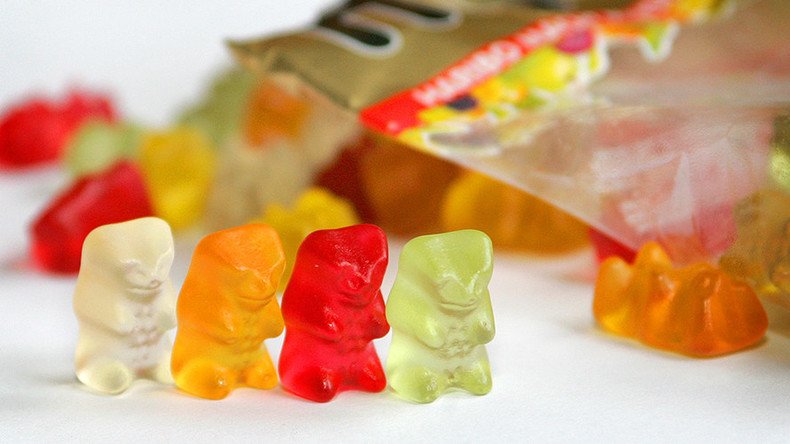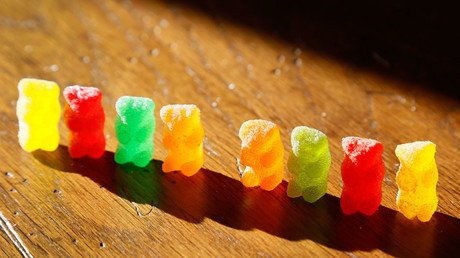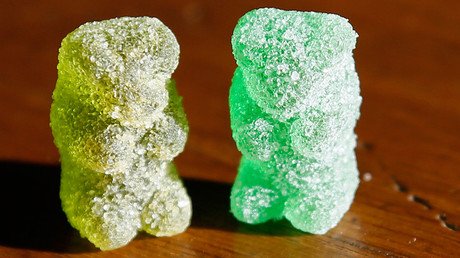Modern day slavery? Haribo ingredients sourced by workers under ‘inhumane’ conditions – documentary

Germany’s prominent confectionery producer Haribo is in hot water after a documentary reported that workers extracting ingredients for the company’s iconic gummy bears are doing so under conditions “which can be called slavery.”
The allegations against the company, which produces over 100 million sweets every day, were made in a documentary called Markencheck ("brand check"). The program – conducted by the German public broadcaster ARD – was broadcast this week.
Among other products, the investigation focused on Carnauba wax, also known as Brazil wax or palm wax, the substance that makes bears glossy and prevents the jellies from sticking together. Made in the form of hard yellow-brown flakes, the wax is widely used in the cosmetics, food and pharmaceutical industries.
This wax can be found on the leaves of plants which only grow in parts of Brazil such as Piaui and Ceara. Workers on the plantations, located deep in the jungle, said they do not have any fixed salary, with one man claiming he can earn just up to 40 Real ($12) a day. The people, some of them minors, also have no access to toilets, and sometimes drink water straight from nearby rivers.
“The workers are treated as objects, worse than animals,” a Brazilian Labor Ministry official said. He noted that his ministry had received numerous complaints about the terrible working conditions “which can be called slavery.”
Another revelation of the documentary is what is claimed to be the ill-treatment of pigs, whose skin is used for Westfleisch meat producer, that in turn processes it for Gelita, Haribo's gelatin supplier.
READ MORE: How gelatin is made: Disgusting video exposes the truth behind your favorite candy
Video footage from an unnamed farm in northern Germany showed pigs with open sores and abscesses, which, as reported by ARD, apparently live on their own excrement. “It almost seems cynical that a product that is partly manufactured under such cruel conditions for animals is given the form of a cute animal,” the animal rights organization Tierretter, which provided the footage said in a statement, as cited by DW.
Reacting to the investigation, Westfleich said that the pig crust used in their production comes from solely from "healthy” animals. Regarding the working conditions shown in the film, Haribo stated that they are certainly “unacceptable.”
“We are ready to examine our supply chain beyond our direct suppliers - in other words, beyond the legal framework. If it becomes clear that improvements are urgently required, we will be able to warn you,” a statement by the confectionery producer read.
However, the company explained that the ARD documentary didn’t provide the details, for example the names of farms which deploy such labor.
Germany's branch of Amnesty International, which also viewed the documentary, said that it’s up to the country’s authorities to control such things. "If there are human rights abuses, they have to provide remedy and compensation," said Lena Rohrbach, economy expert at Amnesty Germany, as cited by DW.
"Unfortunately, the German government has failed to really bind companies to their duty of care."














